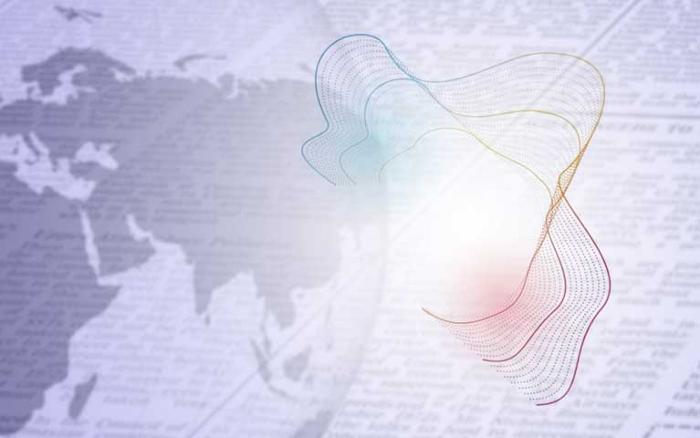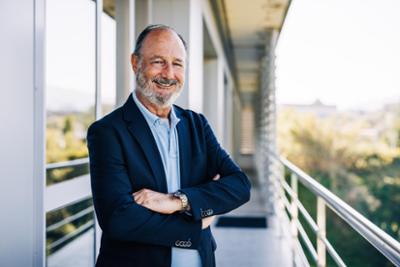

Nicolás Klingenberg (FEGECA): "new construction and refurbishment have boosted the heating and DHW sector"
In the following interview, Nicolás Klingenberg, President of the Association of Manufacturers of Heat Generators and Emitters (FEGECA), explains how this sector is developing and assures that today's great challenge is to deal with the energy crisis and high fuel prices.
How has the sector of manufacturers of heat generators and emitters in Spain performed so far in 2022?
Since 2021 and previous years, the heating and DHW (domestic hot water) sector has been improving as a result of the construction of new buildings and refurbishment. The positive trend has continued this year, partly driven by the aid programmes that are being implemented by the government, both for the energy refurbishment of buildings and for the renovation of equipment.
There is also a major boost from the European Union, with the battery of regulations on energy efficiency and climate change, focused on reducing greenhouse gas emissions. This is a stimulus for the market in our sector, which presents us with the challenge of improving equipment, with major upgrades to existing equipment and the implementation of new technologies to optimise energy efficiency and reduce costs. No other energy consumption sector has a greater potential for saving and reducing CO2 emissions than the heating sector, and therefore the outlook is very promising.
In this situation, what will be the main challenges for the sector this winter and in 2023?
The great challenge is to tackle the energy crisis and high fuel prices. In this respect, our sector has always been known for offering equipment that maintains comfort with greater energy savings, while at the same time decarbonising buildings, thus complying with the ambitious objectives of the current regulations and initiatives, such as the European Climate Act or the "Fit for 55" package. Manufacturers are committed to the objective of offering realistic, reasonable and affordable proposals for society.
It is a major challenge, because there is also a demand for varied solutions adapted to the characteristics of each building and to the local weather conditions. For example, current trends in new buildings include the increase in heat pumps, the use of solar thermal or photovoltaic energy, and the use of gas boilers in combination with other renewable energies. However, the most significant decarbonisation challenge is in existing buildings, where there are 9 million dwellings in need of an energy efficiency overhaul. One of the most viable options is the renovation of hydrogen-fired condensing boilers in combination with renewable gases.
How is digitalisation affecting the sector?
Digitalisation has become firmly rooted in our sector, a trend that had been around for a long time but which, with the impact of the pandemic, has become global and fully established. Home automation and the internet of things (IoT) are part of the nature of the manufacturers represented by FEGECA, who have developed systems that are easy to control and even have smartphone connectivity. These innovations make it possible not only to switch equipment on and off, but also to monitor operating times and temperatures, consumption statistics and set reminders for servicing and maintenance. Consumers are provided with data so that they have comprehensive information on their home's energy consumption in real time.
What new trends are emerging?
Manufacturers have now confirmed the availability of equipment suitable for use with biological and synthetic methane as well as biological LPG with no changes to the appliance. And many of the appliances currently on the market can operate with mixtures of up to 20% hydrogen with any methane-based gas. The industry is strongly committed to this solution and has a clear commitment to the short-term development of 100% hydrogen-based appliances.
FEGECA represents thermal solutions that include all existing technologies on the market that offer efficient solutions to reach carbon neutrality by 2050. For more than 40 years we have been defending all the vectors and technologies involved in the thermal installations sector, such as boilers, heat pumps, solar collectors, DHW heaters, electric water heaters, radiators, underfloor heating, etc.





